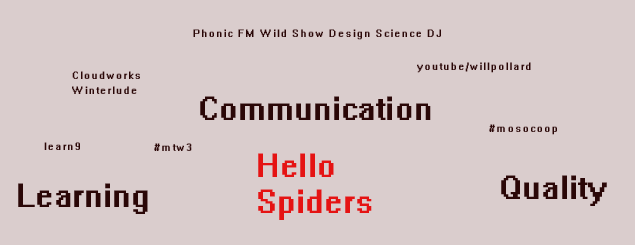Cambridge University Press brings the MOOC to BETT
I had thought that the MOOC idea was not reaching the higher levels of UK education. Peter Scott in the Guardian gives the impression that such things are not for the "top" universities ( see previous posts ) . But a search on BETT for MOOC comes up with a CUP course for GCSE computing developed with Raspberry Pi and OCR. As reported on the QA Education website. So a MOOC has not got to be at degree level. It might include various computer skills that people have missed out on. I guess most would benefit from checking out this site, more next week during BETT.
I have noticed that comment around Futurelearn values the contribution of MOOC courses to public education, whether or not they lead to formal qualifications. The university presses have had a similar role and may develop aspects of a book into something that crosses over with a MOOC. I still think that some other word may crop up during this year. It is in general a way to use in education various technologies that already exist somewhere else. ( see below for more about learning)
The Institute of Continuing Education at Cambridge is using some of the technology but there are limited places and there is a charge. I tried out the sample part of the film and philosophy course. Seems ok but I'm too busy with other courses that happen to be free.
Meanwhile I found an LSE blog on making research better known that includes a post about various forms of learning.
Cristóbal Cobo sees various issues around the prospects for universal higher education
Though, as a large number of authors pointed out (Nonaka, Polanyi, Wenger, Benett, Freire, among others) learning does not only take place in formal settings. The claim for lifelong learning should not be understood as hanging around at University for ever but “learning to learn” as an ongoing process of skills and knowledge development in changing contexts. Colardyn and Bjornavold, (2004) explained that validation of non-formal and informal learning become a key aspect. Lifelong learning requires that learning outcomes from different settings and contexts can be linked together. “As long as learning, skills and competences acquired outside formal education and training remain invisible and poorly valued the ambition of lifelong learning cannot be achieved,” they added.
Cobo is based at the Oxford Internet Institute where he coordinates research on open knowledge initiatives. My guess is that such research could be even better if others at Oxford started to try out a MOOC or something similar.
